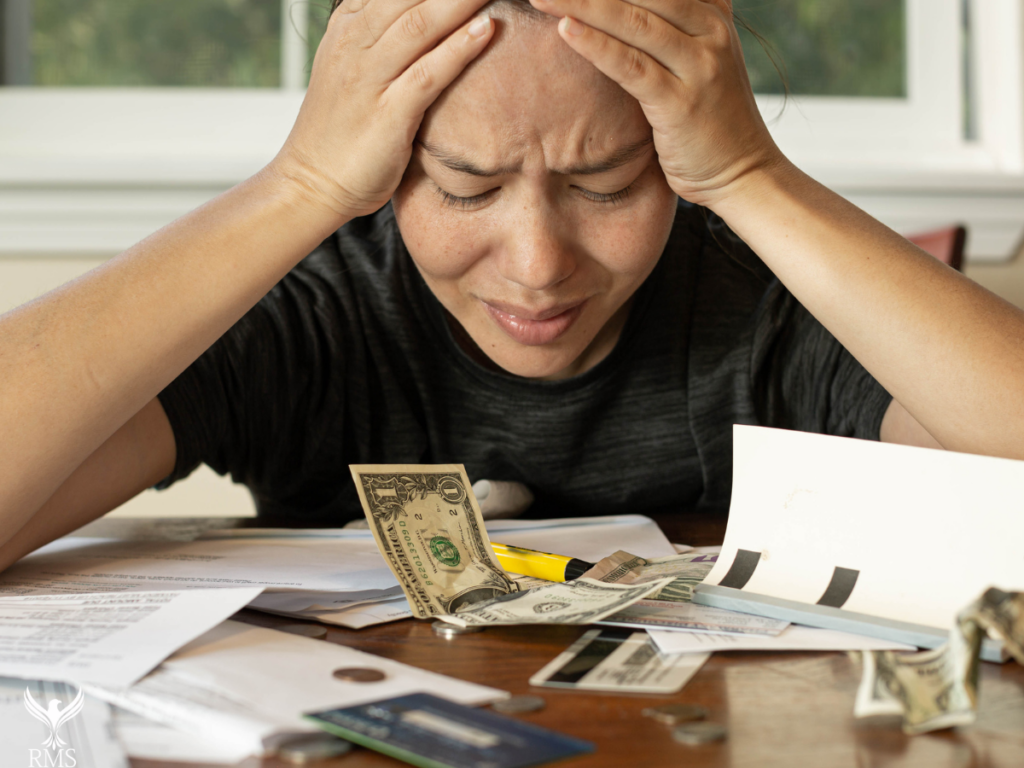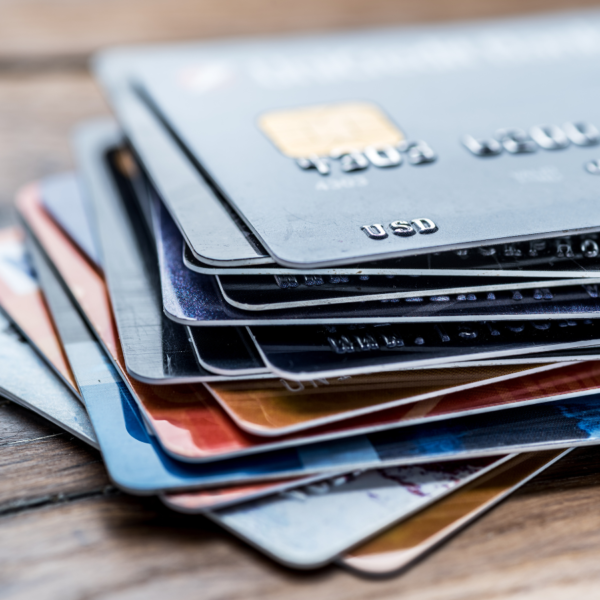Facing overwhelming credit card debt can be a stressful and challenging experience. If you find yourself struggling to keep up with payments and see no way out of the financial burden, you might be considering bankruptcy as a potential solution. However, filing for bankruptcy is a significant decision with long-term implications. Here’s a guide to help you determine if bankruptcy is the right option for addressing your credit card debt:
Assess Your Financial Situation
Before deciding on bankruptcy, it’s essential to conduct a thorough assessment of your financial situation:
Total Debt Load: Calculate the total amount of credit card debt you owe. Include interest rates and minimum monthly payments for each card.
Income vs. Expenses: Evaluate your monthly income and compare it to your monthly expenses. Determine if you have any disposable income left after covering essential living costs.
Debt Repayment Capacity: Assess whether you can realistically repay your credit card debt within a reasonable timeframe without compromising your basic needs.
Signs Bankruptcy May Be Necessary
Several indicators suggest that bankruptcy might be the best option to address your credit card debt:
Unmanageable Debt Payments: If you can only afford to make minimum payments or are missing payments, your debt may be growing due to interest charges, making it unmanageable.
Relying on Credit Cards for Essentials: Using credit cards to cover everyday expenses because you lack the cash to pay for them is a red flag that your debt situation is dire.
Collection Calls and Legal Actions: If you’re receiving constant collection calls, letters, or threats of lawsuits from creditors, bankruptcy can provide legal protection and relief from these actions.
Impact on Mental and Physical Health: Financial stress can lead to anxiety, depression, and other health issues. If your debt is affecting your well-being, it may be time to consider bankruptcy.
Types of Bankruptcy for Credit Card Debt
Understanding the types of bankruptcy available for resolving credit card debt is crucial:
Chapter 7 Bankruptcy: Known as liquidation bankruptcy, Chapter 7 allows you to discharge most unsecured debts, including credit card debt. You may need to sell non-exempt assets to repay creditors, but many personal assets are protected under state exemption laws.
Chapter 13 Bankruptcy: This type of bankruptcy involves creating a court-approved repayment plan to pay off your debts over three to five years. Chapter 13 allows you to keep your assets while making manageable payments based on your income and expenses.
Alternatives to Bankruptcy
Before filing for bankruptcy, explore alternative debt relief options that may suit your situation:
Debt Consolidation: Combining multiple credit card debts into a single loan with a lower interest rate can simplify payments and potentially reduce overall debt.
Debt Settlement: Negotiating with creditors to settle your debts for less than the full amount owed can provide a more affordable way to resolve your financial obligations.
Credit Counseling: Working with a nonprofit credit counseling agency can help you create a budget, negotiate with creditors, and develop a debt repayment plan.
Consulting with a Bankruptcy Attorney
Seeking guidance from a qualified bankruptcy attorney is crucial in understanding the bankruptcy process, eligibility requirements, and potential outcomes:
Initial Consultation: Schedule a consultation with a bankruptcy attorney to discuss your financial situation and explore your options.
Legal Advice: Receive personalized legal advice based on your unique circumstances, including whether bankruptcy is the best solution for your credit card debt.
Bankruptcy Filing: If bankruptcy is determined to be the most appropriate course of action, your attorney will guide you through the preparation and filing process, ensuring compliance with court requirements.
Final Considerations
While bankruptcy offers relief from overwhelming credit card debt, it’s essential to weigh the long-term consequences and benefits:
Credit Impact: Bankruptcy remains on your credit report for several years and can impact your ability to obtain credit in the future. However, with responsible financial management, you can rebuild your credit over time.
Fresh Financial Start: Bankruptcy provides a legal framework to discharge or restructure debts, offering a fresh start to regain financial stability and focus on rebuilding your financial future.
By carefully evaluating your financial situation, exploring alternative options, and seeking professional guidance, you can make an informed decision about whether filing for bankruptcy is the right course of action for your credit card debt. Each individual’s financial circumstances are unique, and consulting with a bankruptcy attorney is crucial to navigating this complex process effectively.






Recent Comments